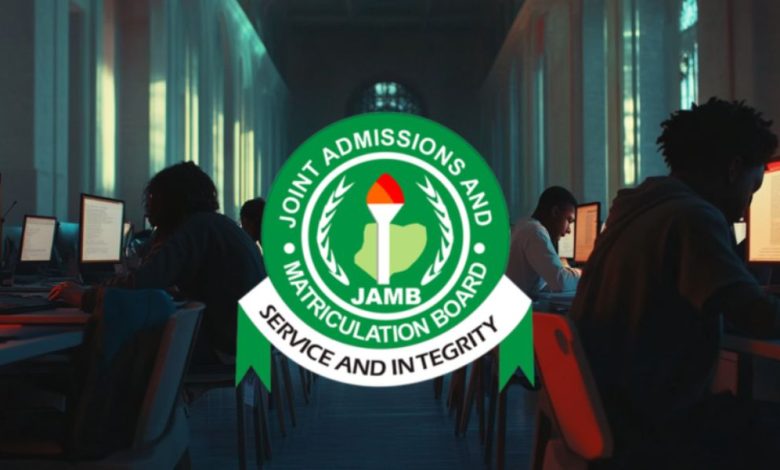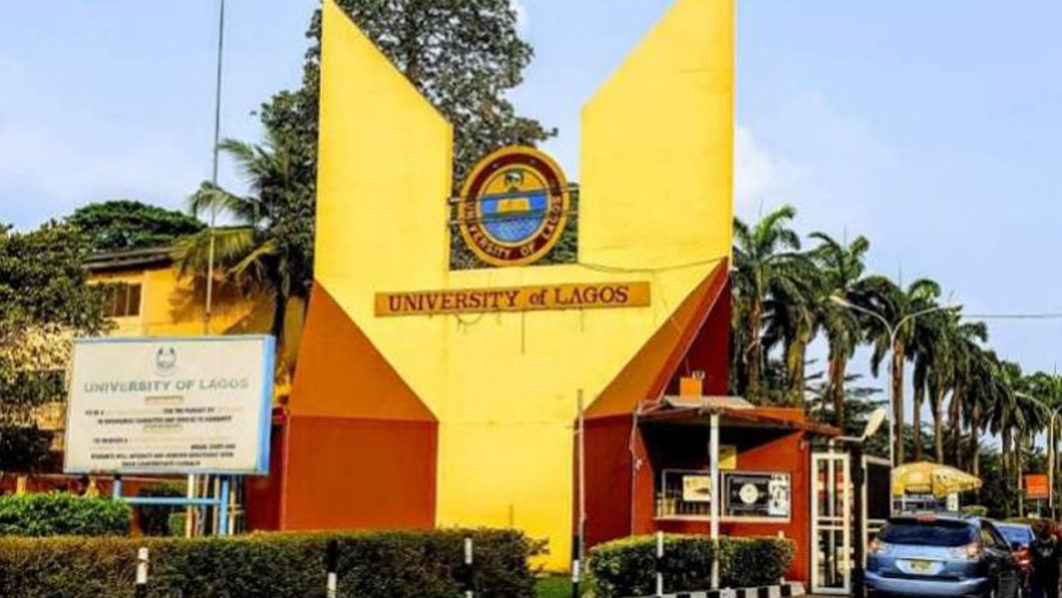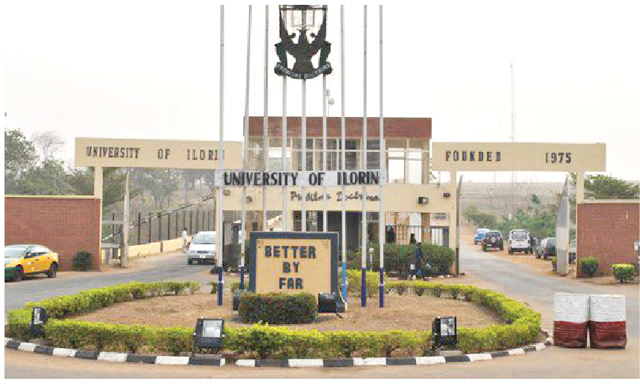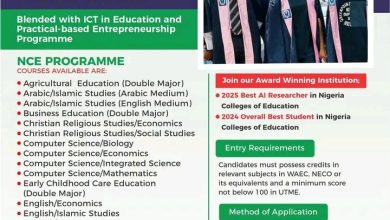UTME 2025: JAMB Hits 200,000 Registration Milestone in One Week
UTME 2025: JAMB Hits 200,000 Registration Milestone in One Week

UTME 2025: JAMB Hits 200,000 Registration Milestone in One Week
The Joint Admissions and Matriculations Board (JAMB) has announced that Over 200,000 candidates, precisely 201,867, have successfully registered for the 2025 Unified Tertiary Matriculation Examinations (UTME) within the first week of registration, according to the Joint Admissions and Matriculations Board (JAMB)
The Joint Admissions and Matriculation Board (JAMB) kicked off the 2025 Unified Tertiary Matriculation Examination (UTME) registration on February 3, with the process set to wrap up on March 8. This computer-based exam is the gateway for candidates seeking admission to Nigerian universities and other tertiary institutions. In a recent update, JAMB revealed that it has disbursed N141 million to accredited Computer-Based Test centres for conducting the registration exercise within the specified timeframe
“In line with its commitment to weekly payments of UTME registration charges collected as part of the total fee for
UTME to CBT centres, the board has made the first-week payment in fulfilment of its promise regarding the disbursement of these charges,” JAMB said in the bulletin.
Every year, JAMB sees an average of 1.5 million students vying for spots in Nigerian universities, polytechnics, and colleges of education. In the previous year, a record 1.9 million candidates took the UTME, with a staggering 76% scoring less than 200 out of a possible 400 marks










